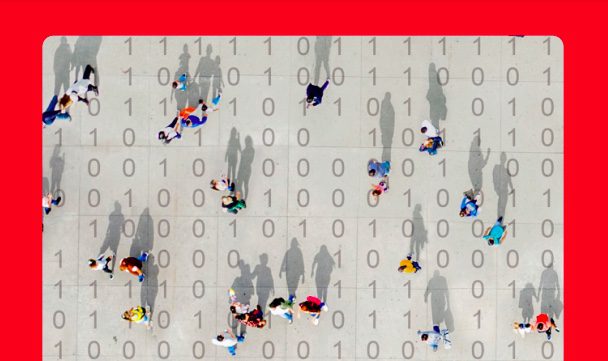
Data Collection in the Context of Trafficking in Human Beings and Exploitation in Germany 2022
Background on Trafficking in Human Beings and Exploitation in Germany
In Germany, human trafficking and exploitation are present in numerous forms and areas. Since 2016, trafficking in human beings, forced prostitution, forced labour, labour exploitation, exploitation under unlawful restraint, and organ trafficking have been criminal offences under Sections 232 et seq. of the German Criminal Code. However, the German Criminal Code defines the term ‘human trafficking’ merely as the recruitment, transportation and accommodation of a person for the purpose of exploiting them (Section 232 of the German Criminal Code). Exploitation and its various forms are defined in the following paragraphs.
The offences of forced labour and labour exploitation also include forced criminal activities and forced begging. The latter involves individuals being persuaded or forced to go out and beg, then made to hand over all or most of the money they receive. In the case of forced criminal activities, individuals are persuaded to carry out criminal offences such as theft, debit card fraud or selling drugs. The financial gains from the offences are kept by the perpetrators. The most well-known form of human trafficking and exploitation among the general public is sexual exploitation, which has been a criminal offence since 1973 and remains the form that is most frequently identified by specialised counselling centres and the police. Labour exploitation became a criminal offence in 2005. To date, these are the two forms of exploitation about which we have the most information.
The specialised counselling centres advise individuals subject to various forms of trafficking in human beings and exploitation. Due to the circumstances in which they were founded—mostly in the 1980s off the back of a women’s rights and feminist platform—they tend to focus on women. Some limit their services to those affected by sexual exploitation due to their funding situation and their mandate, but many also offer counselling to women who are subject to labour exploitation. In addition, some of the specialised counselling centres that are members of KOK also work with those affected by other forms of exploitation, and in some cases with trafficked men or trans people.
Read or download full report here.
